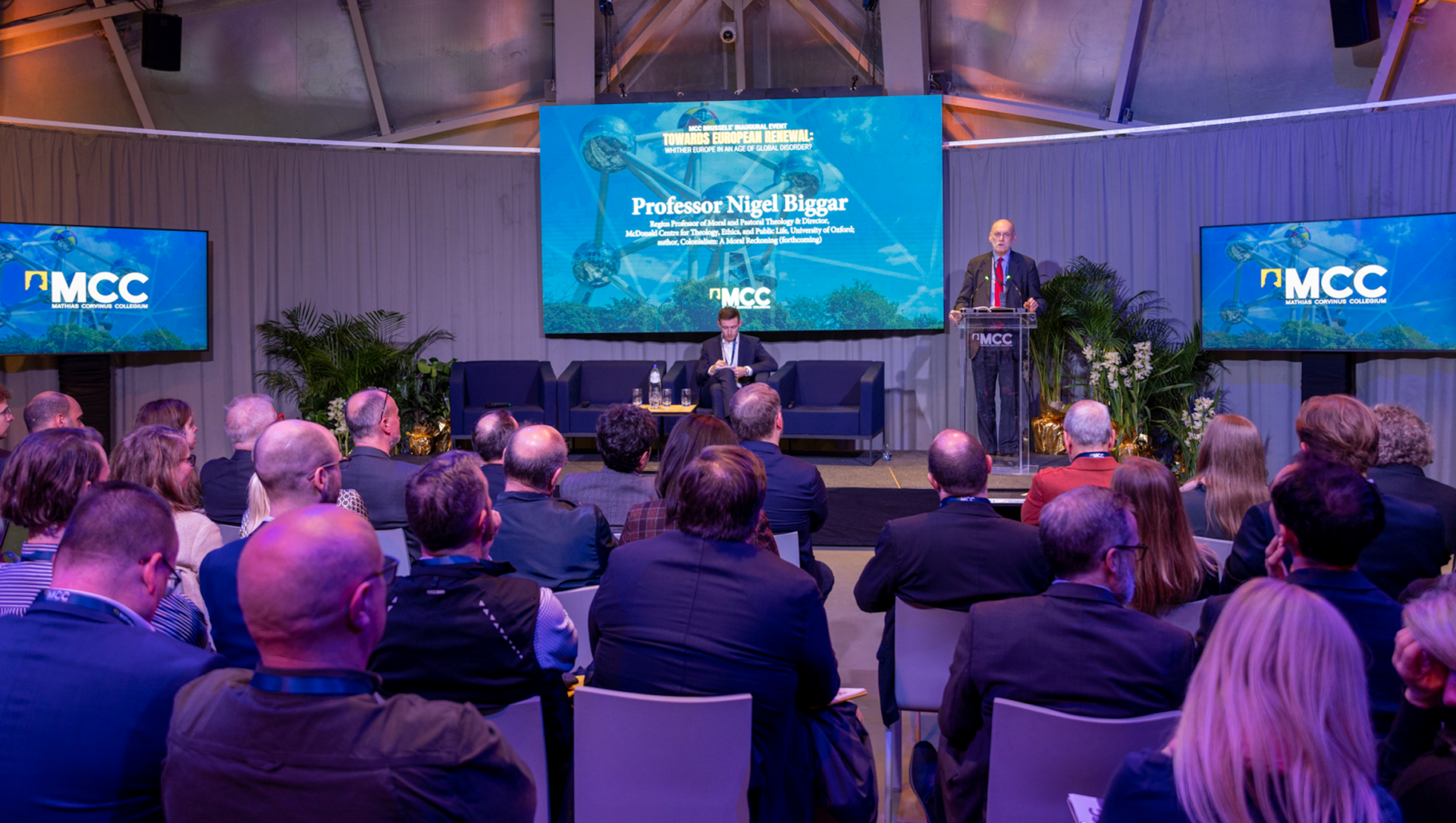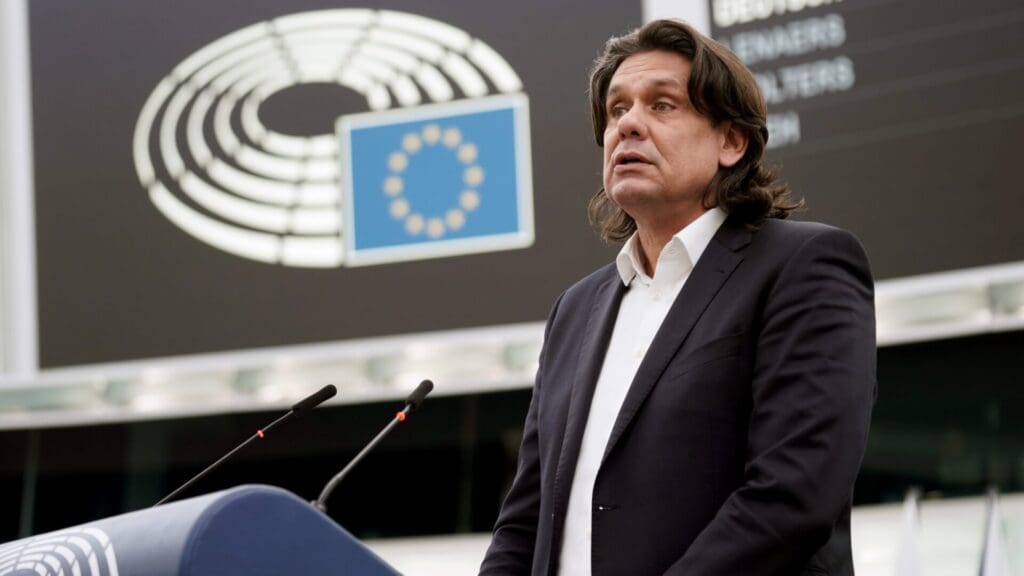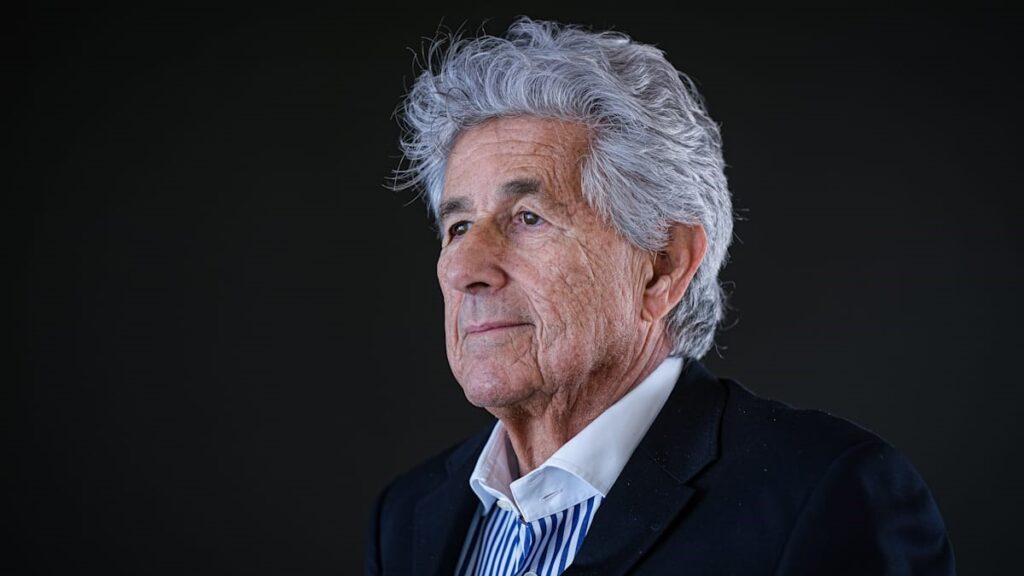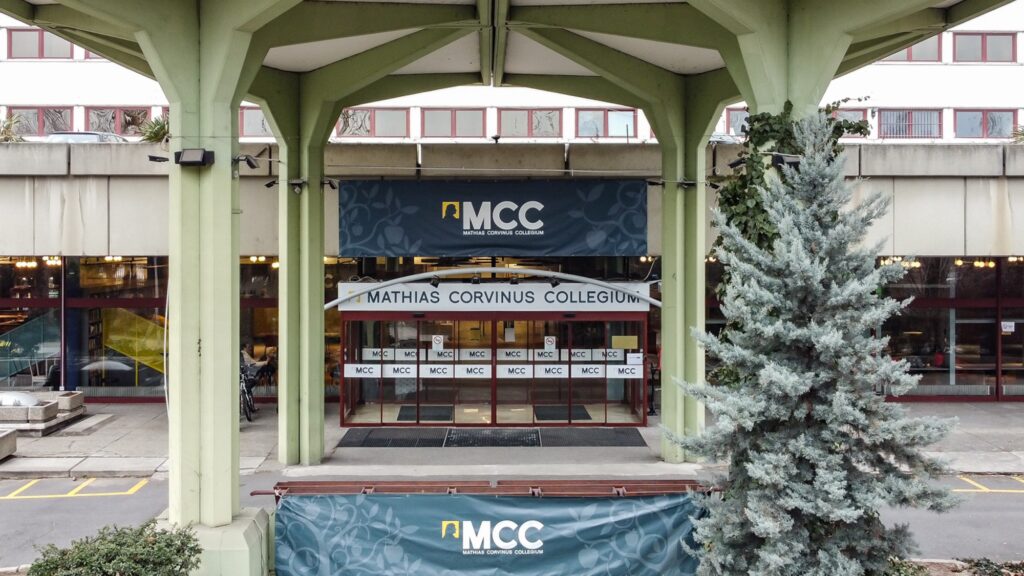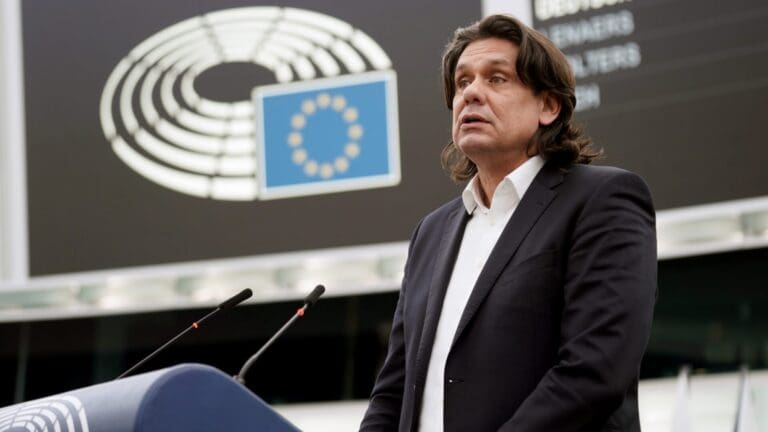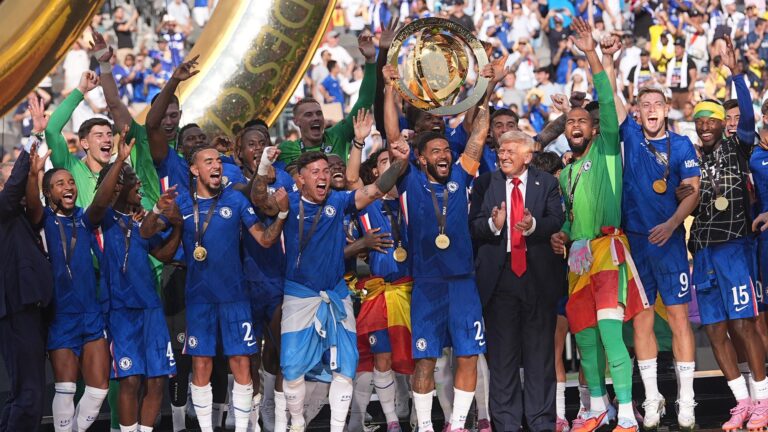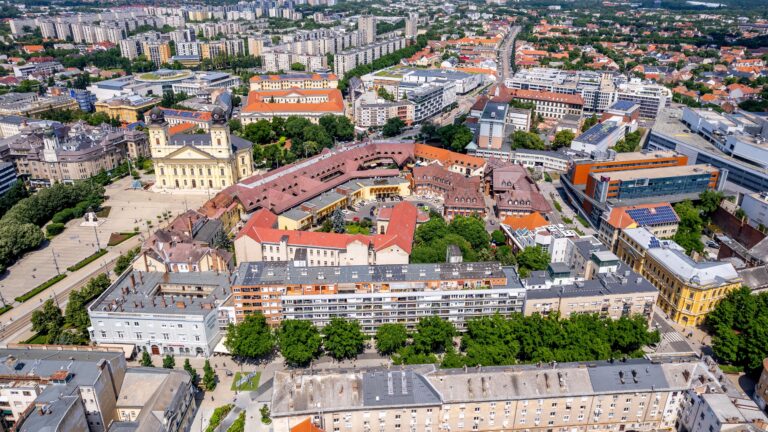MCC (Mathias Corvinus Collegium), the leading Hungarian knowledge centre and talent institution opened a new think tank and educational enterprise in Brussels. An inaugural event was held as part of a conference on 15 November.
MCC Brussels Aims to Offer Unique Perspectives
Hungary has become a leading investor in European talent over the past years, which can be largely attributed to the several institutions and programmes run by MCC. In a similar vein, MCC Brussels will be dedicated to serving as a venue for European discourse at a time of unprecedented political division, serving as a place for serious policy deliberation and in-depth investigation of contemporary topics. The new think tank will provide opportunities to experts and intellectuals to discuss and evaluate the conceptual and normative status of European policymaking. MCC Brussels will also try to influence European policymakers with its unique approach to the political, socioeconomic, and cultural issues of our time by drawing on MCC’s outstanding pool of expertise.
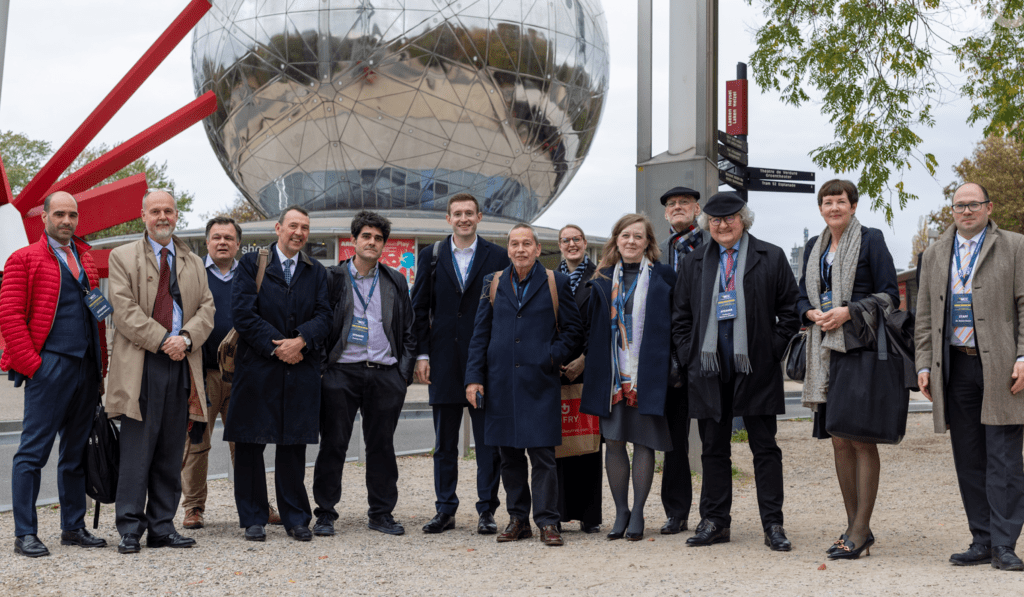
The Centre will provide young visitors with an engaging environment where they can learn about Brussels’s policy and decision-making processes. It will offer quick educational seminars and courses on topics related to European policy and thought.
Balázs Orbán: Talking and Listening is the Antidote to Polarization
Prime Minister Orbán’s political director Balázs Orbán, chairman of the Board of Trustees of MCC, delivered remarks at the opening event. According to Orbán, when talking about talent in Europe, Hungary comes to mind as a ‘net investor’. He emphasized that MCC has over 26 years of experience in nurturing young talents. The researchers affiliated with the new centre are expected to play an important role in actively shaping the European discourse. Before the opening, Balázs Orbán said he was delighted that ‘MCC decided to invest in our shared future for a better Europe by providing an opportunity for intellectuals and experts to debate and assess the conceptual and normative status of European policy making. Drawing on MCC’s outstanding pool of expertise, it will attempt to acquaint European policymakers with its distinct approach toward the political, socioeconomic, and cultural issues of our time. As neighbours, we need to talk and listen. This is the only antidote to the spectre of political polarization that haunts politics today.’
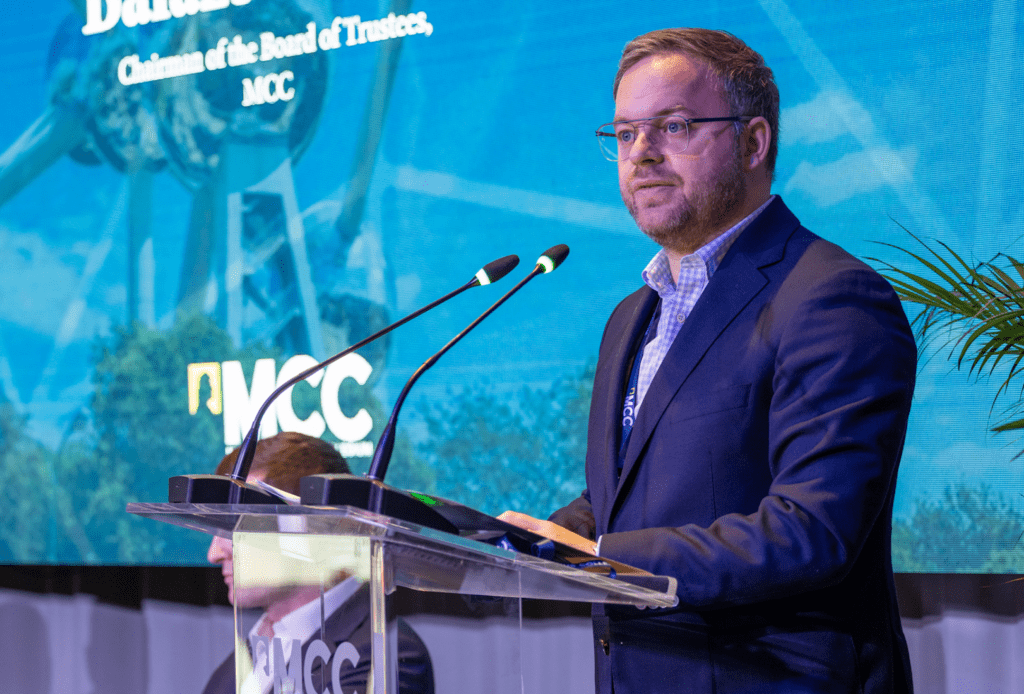
Professor Frank Füredi, Executive Director of MCC Brussels, said that he believes the EU does not take diversity seriously, and is very specific about what it considers diversity. The professor noted that it is important to take national cultures, and the value they represent in diversity seriously. Prior to the opening he also called attention to the effect that the COVID pandemic and the Ukraine war have had on the interpretation of world affairs.
‘The global pandemic and the war in Ukraine have exposed as outdated the old assumptions on how the world works or should work and call on us to learn from history and one another. Issues we once thought settled are now open to question and Europeans need to embrace a spirit of open and honest discussion, inquiry, and debate to grapple with the hot-button issues of the day. Questions related to the environment, peace, the economy, energy, education, migration, and social harmony all call for the most rigorous debate and discernment so we can forge a way forward for the European continent. The new forum is committed to asking the hard questions and working with people of goodwill from all persuasions to find solutions to our most pressing problems.’
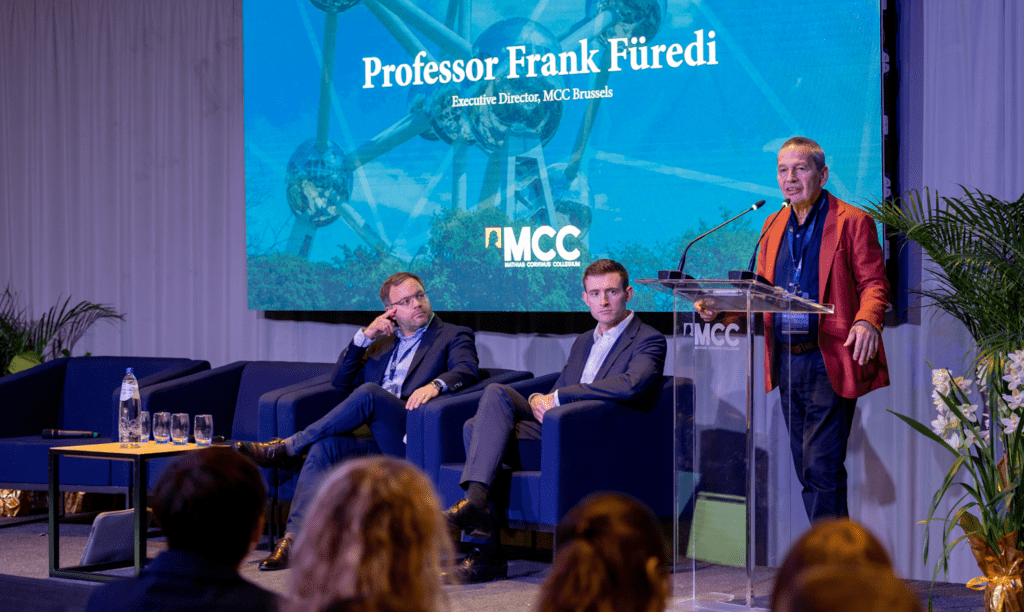
Speakers at the event also included Nigel Biggar, Regius Professor of Moral and Pastoral Theology at the University of Oxford; Thomas Fazi, leading Italian political economist and author; and Dr Monika Gabriela Bartoszewicz, Polish Academic and Associate Professor at the Arctic University of Norway.
MCC is currently present in 25 different cities in the Carpathian Basin, and now, with the new centre, it also has a Western-Europe presence. MCC educates over 6000 students in its various institutions across Europe.
Related Articles:

